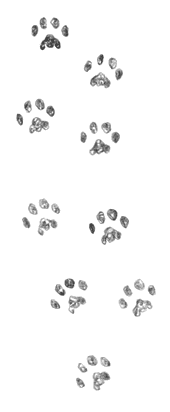Cats are a salient feature of Jerusalem’s scenery. Throughout the city, one can find them napping in gardens, reposing on lofty ledges, or slinking along the streets in search of their next meal. A pedestrian, walking past a trash bin, may be startled as several cats leap out. Likewise, Hebraisms in the synoptic gospels are as ubiquitous as cats in Jerusalem. While perusing the synoptic gospels, the informed reader may be startled, too, as Hebrew idioms leap out from both the Greek texts and their English translations.
Hebrew’s Limited Inventory of Adjectives
Compared to Greek and English, Hebrew has few adjectives. As noted in “Hendiadys in the Synoptic Gospels” (JP 52, pp. 14-15), one way Hebrew overcomes this scarcity of adjectives is by linking two nouns with the conjunction “and.” Grammarians call this usage “hendiadys,” two terms connected by “and” forming a unit in which one member is used to qualify the other.
Premium Members and Friends of JP must be signed in to view this content.
If you are not a Premium Member or Friend, please consider registering. Prices start at $5/month if paid annually, with other options for monthly and quarterly and more: Sign Up For Premium





